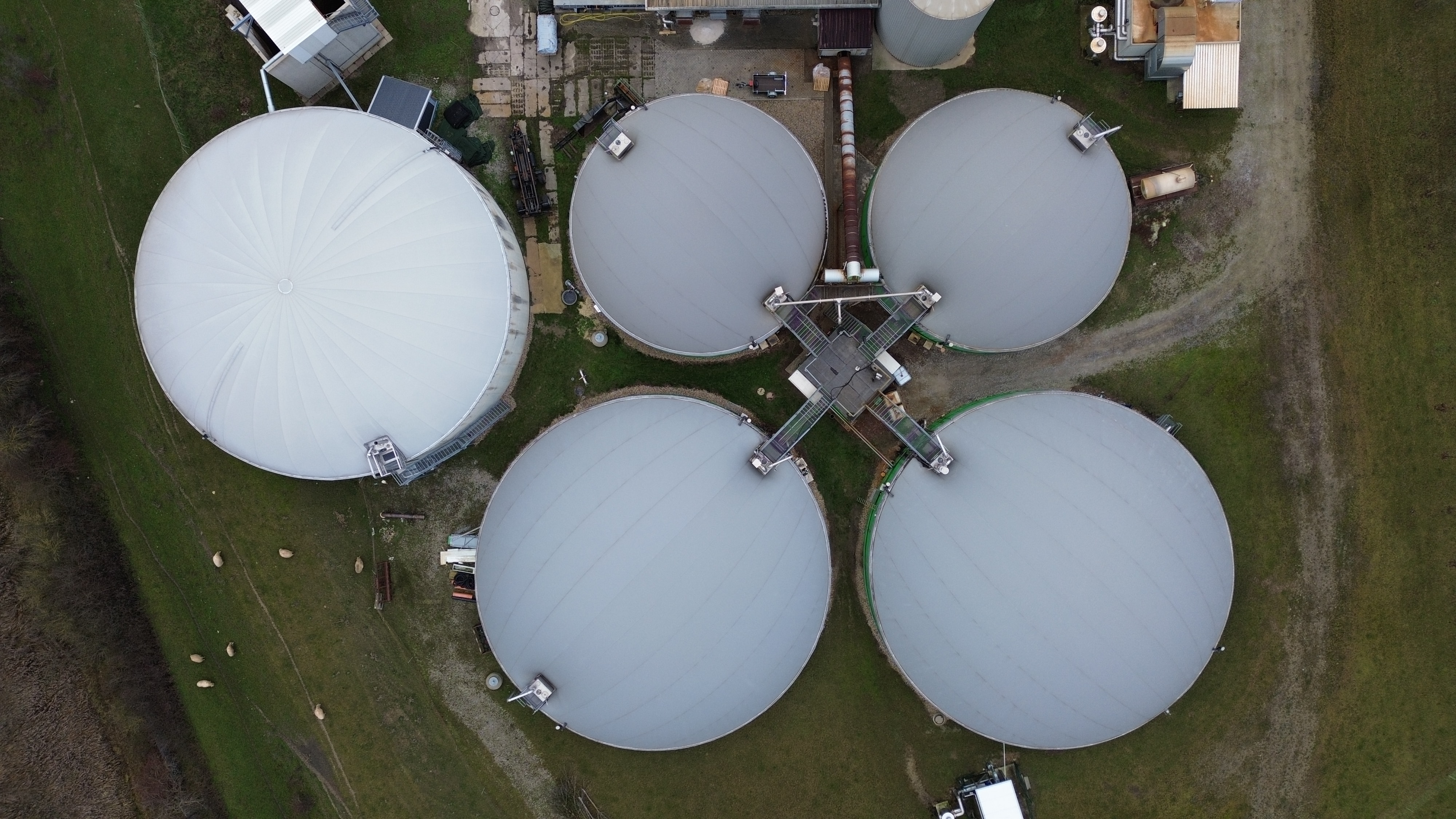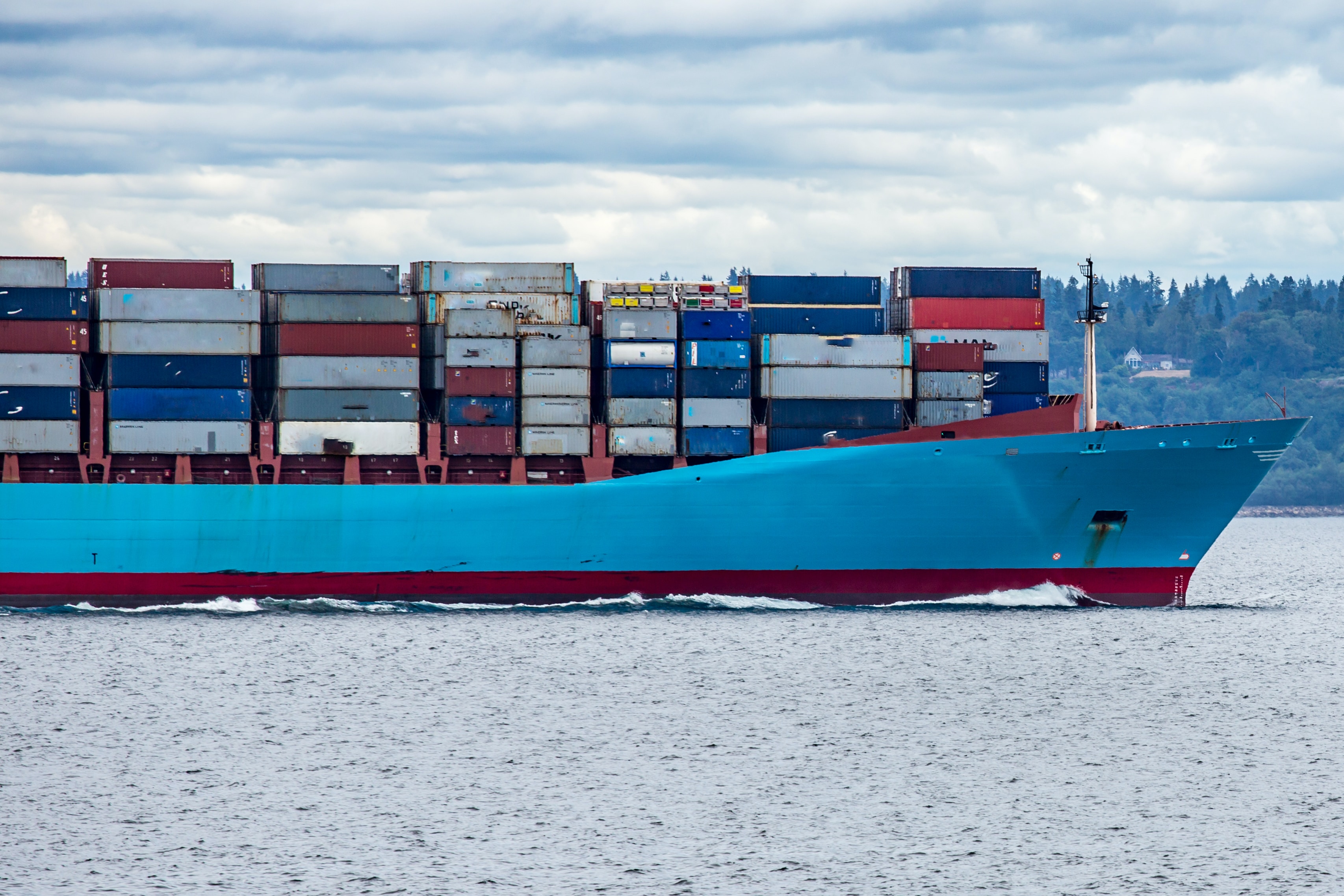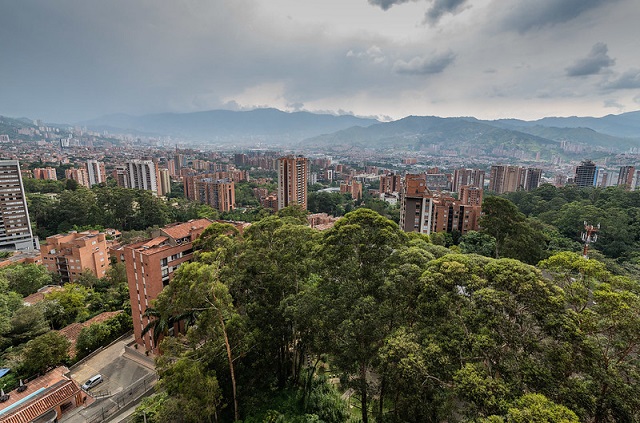Blog
Webinar Recording Now Available: Topline Findings from Corporate Standard & Scope 3 Surveys
As a part of GHG Protocol's standards update process, we recently hosted a webinar reviewing key themes presented by stakeholders in their responses to the recently concluded Corporate Standard and Scope 3 surveys.
Interim Update on Accounting for Biomethane Certificates
This communication provides an interim update on the treatment of biomethane certificates under the GHG Protocol.
GHG Protocol July Newsletter
GHG Protocol July Newsletter
Upcoming Webinar: Topline Findings from Corporate Standard & Scope 3 Surveys
GHG Protocol Standards Update Process:
Topline Findings from Corporate Standard & Scope 3 Surveys
GHG Protocol Releases Summary of Scope 2 Guidance Survey Feedback
Summary Report of Scope 2 Guidance Survey Feedback Now Available
Between November 2022 and March 2023,
GHG Protocol June Newsletter
July 19, 2023
STATEMENT: New Standard from the International Sustainability Standards Board (ISSB) Requires Disclosure of Scope 3 Emissions
WASHINGTON, D.C.
Land Sector and Removals Guidance: Where We Are Now
Status Update
GHG Protocol May Newsletter
June 5, 2023
Land Sector and Removals Guidance: Topline Themes from Stakeholder Feedback
GHG Protocol’s Land Sector and Removals Guidance builds on the Corporate Standard and Scope 3 Standard, explaining how companies should account for and report GHG emissions and removals from agricultural and forest management practices, land use change, bioenergy, carbon dioxide removal technologies, and related activities in GHG inventories.
GHG Protocol announces webinar on Scope 2 feedback, shares proposal submissions
Between November 2022 and March 2023, Greenhouse Gas Protocol collected stakeholder input via four online surveys on the Corporate Standard, Scope 2 Guidance, Scope 3 Standard, and Market-Based Approaches.
RELEASE: Greenhouse Gas Protocol Receives $9.25 Million Grant From the Bezos Earth Fund
WASHINGTON, D.C.
GHG Protocol launches new e-Learning Platform
The Greenhouse Gas Protocol team is excited to announce the launch of a new e-Learning platform for GHG Protocol’s online learning curriculum.
Job Opportunities with Greenhouse Gas Protocol
The Greenhouse Gas Protocol team is expanding and is looking for experienced individuals to join our team.
Aligning Corporate Targets, Accounting and Disclosures on Land Use Change Emissions and Deforestation-free Supply Chains
The Accountability Framework Initiative (AFI), in partnership with Greenhouse Gas Protocol and the Science Based Targets initiative (SBTi), recently released new guidance on how companies can align key land sector targets, accounting and disclosures.
STATEMENT: New Proposed Rule Requires Major Federal Contractors to Disclose GHG Emissions and Set Reduction Targets
WASHINGTON, D.C.
Next steps on process to update existing corporate standards
As previously communicated, WRI and WBCSD have begun a process to deter
GPC supplemental guidance published to help communities include forests and trees in greenhouse gas inventories
Communities such as cities and counties are increasingly interested in understanding how nature-based solutions can help them reach their climate change mitigation and adaptation goals.

















